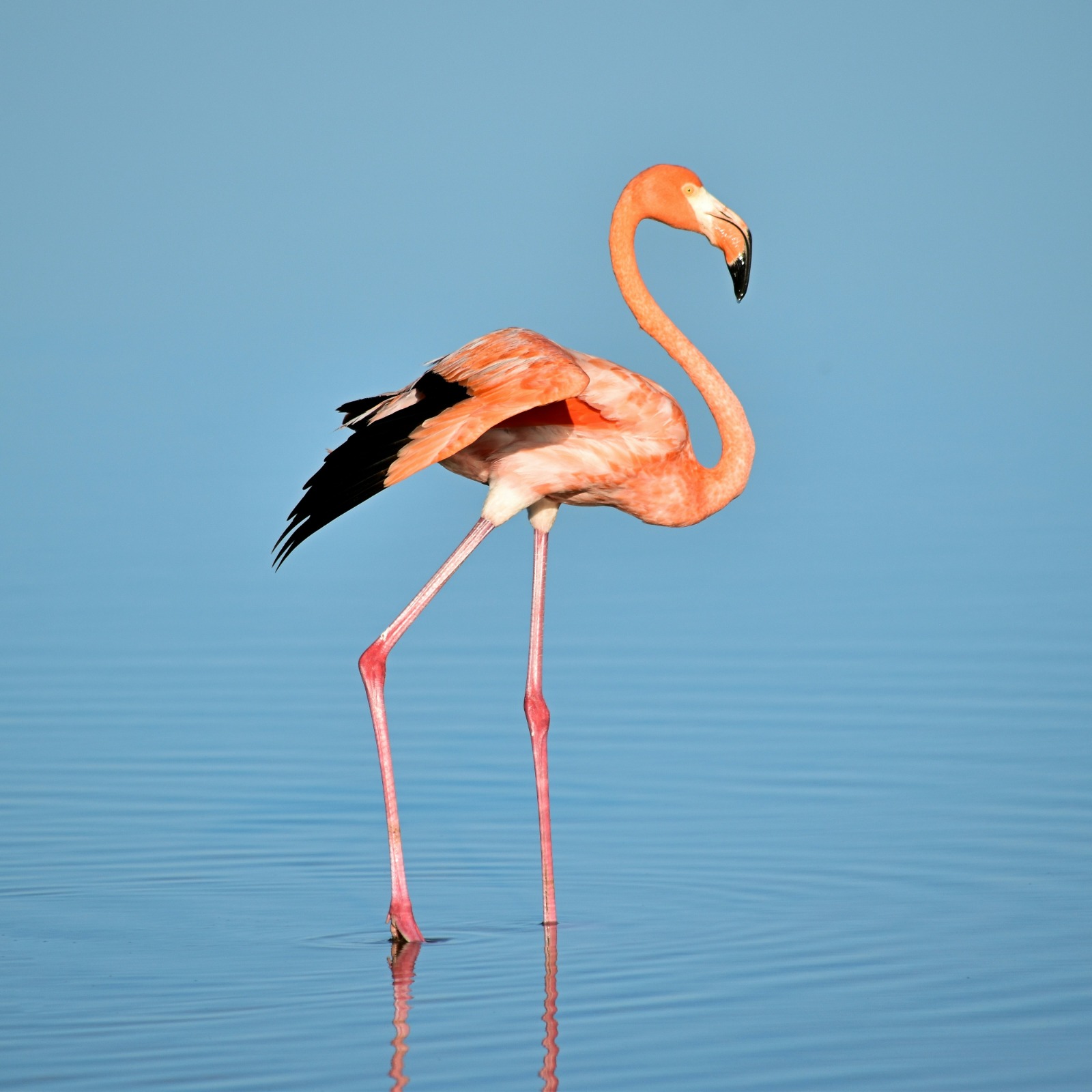
This is a hidden gem in Kenya. Lake Nakuru national park is one of the prime park in Kenya. Travel for a short distance and see all the animals. Expect to see the lions, buffallos, black and white rhinos, giraffes, leopards and other fauna in this area. Is also a home of bird watchers. at the lake lake you will see the great and lesser flamingos which trns the lake in a beautiful pink adventure. While going to this place, open your eyes to see the beautifl terrains, the walls and escarpment of the great riftvalleys also look out different commnities and see their cultural and social behaviours.
Have look at one of our packages. Please note that we listen and make a package according to our guests desire. Feel free to reach us on whatsapp +254 711183525.
| Country | Kenya |
| Languages Spoken | English, Swahili and Taita |
| Currency Used | KSHs, USD |
| Area | 17,084 km² |
| Time Zone | GMT+3 |